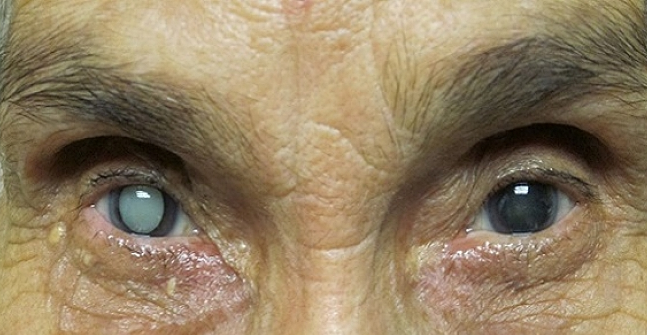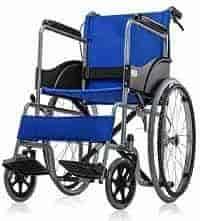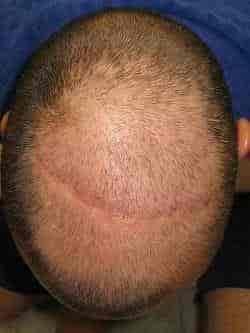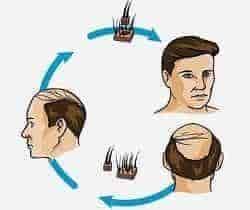Cataract Surgery Checklist: What to Expect Before, During and After Your Procedure
Author: Rajveer Singh| June 15th, 2018

Cataract is the clouding of the normally clear IOL Intraocular Lens of the you’re your vision will be impaired in a way that seeing other side through a misty window. Cataract is a very serious disorder it will impedes one’s ability to do everyday tasks like reading, driving, writing etc. This can have a very severe impact on a person’s everyday life and cause many problems.
Usually, cataract is an age driven problem. As you age, the odds of you getting cataract increase. Cataract itself too develops quite slowly at first. Until the signs make it impossible for you to ignore it. At this point, you’ll probably have to undergo a Cataract Procedure. But fret not! A Cataract surgery is completely safe and very efficient in restoring your eyes to their former glory.
SYMPTOMS OF CATARACT

There are many symptoms that Cataract throws up when it starts to develop. Ideally, you should be able to spot them and make an appointment with an ophthalmologist. As they say, the early bird catches the worm, an early detection can help you avoid a lot of unnecessary medical costs and save you months of struggling to do basic activities.
- Cloudy or Blurred Vision
- Dim or Fading Vision
- Difficulty seeing things at night
- Constant need for brighter light
- Double Vision or seeing everything twice
- Extra sensitivity to light and glare
BEHAVIOURS THAT INCREASE RISK OF CATARACT
These include things like:
- Smoking
- High Blood Pressure
- Exposure to radiation
- Too much time in the sun
EARLY DETECTION AND OPERATION
There are plenty of reasons why you should get a Cataract procedure done. Here are just a few:
Improves Quality of Life: Cataract can influence your ability to perform daily tasks. Simple tasks like reading or writing too, which are essential for anybody. A Cataract removes these barriers to your vision and makes your quality of life better again.
Increases Life: A recent study showed that vehicle drivers who showed signs of cataract were 2.5 times more likely to get into a car accident that drivers who had cataract operated. This makes perfect sense because of how useful cataract procedure is.
Decreases risk of fractures from falls: As you age, vision loss becomes an important factor in falls which might result in fatal fractures. People with severe cataracts are 23 times more likely to fall than those without.
HOW LONG LASTING ARE ARTIFICIAL IOLs
Intraocular Lenses or IOL’s last longer than you’d imagine. This is because they are made of materials such as acrylic or silicone that are biocompatible. This also means that they do not react with the body or produce allergic reactions. Unlike natural clear lenses, IOL’s do not break down over a person’s lifetime and do not need replacement. If you are however unhappy with your implants, you have the option of replacing them, when newer technology becomes available. However, if you have a prior discussion with your surgeon, you will be able to avoid this and find an IOL that satisfies your particular needs.
COST OF CATARACT PROCEDURE
Depending on the type of IOL you opt for, Cataract can cost anywhere from 8 to 20 thousand. This primarily depends on the kind of procedure you opt for, and which is best suited for your particular needs.
1.Phaco/Phacoemulsification: The more modern method, used by most hospitals and clinics. No stitches are involved in this process. Cost is a little bit higher but recovery time is cut down. Quite walk-in, walk-out. Costs about 16 to 20 thousand rupees.
2. Manual Method: Involves stitching and takes slightly longer. Not usually undertaken by most people, because of a long time. Recovery is a little longer and pegged at about a month. Costs about 8 to 10 thousand rupees.
HOW SAFE IS CATARACT
Surgery to operate on cataract is generally very safe and has a high success rate. Most people can go home the same day as their surgery. Revisits are rare and usually only happen when there are complications. Which further reduces the monetary costs.
*****
Author Bio: An MBBS student currently living in Bangalore. His interests range from Eyecare health tips to medicine, healthy food, exercise and covering all aspects of Ophthalmology.





.jpg)



